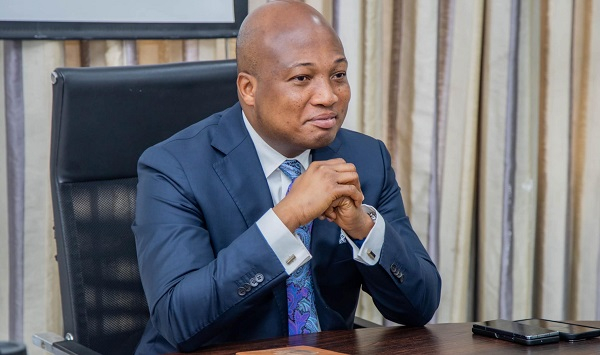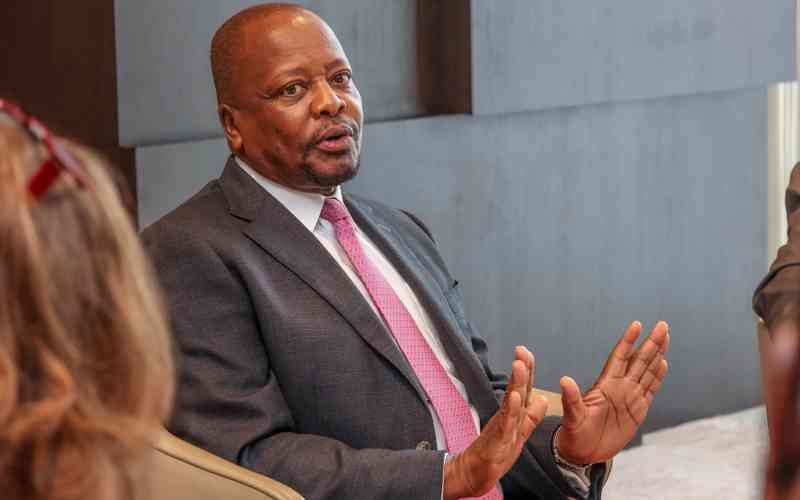Gender advocates, activists seek end to workplace sexual harassment
Gender advocates and rights activists have called for urgent reforms to protect women and girls in the country amid growing concerns over workplace sexual harassment.
The roundtable event was organised by Baobab for Women’s Human Rights, a nonprofit organisation advocating for gender inclusion, in Abuja on 27 March.
The event, themed, “Creating Safe and Supportive Workplace Environments for Women and Girls,” brought together Nigerian legislators, civil society groups, journalists among others.
The participants from various sectors came together to discuss how to make workplaces safer and more supportive.
Bunmi Dipo-Salami, Baobab’s executive director, explained that the goal of the meeting was to “move beyond talks and take concrete steps toward ending sexual harassment at workplaces” in Nigeria.
While emphasising the need for multi-sectoral collaboration to create safe and supportive work environments for women and girls, she drew attention to recent allegations of sexual harassment within the National Assembly between Senate President Godswill Akpabio and Kogi Central Senator Natasha Akpoti-Uduaghan.
“This isn’t just about reacting to crises when they happen. We need to use every opportunity to drive policy changes, strengthen legal protections, and hold perpetrators accountable. What I see is too many opportunities have been missed, but this meeting must be a turning point,” she said.
Also speaking at the roundtable, Ene Ede, a popular Nigerian gender activist, said a flurry of pragmatic and institutional reforms are needed to be done if the country is ready to end sexual harassment.
Until this is done, she said, Nigeria is not going anywhere close to tackling gender discrimination and inequality, adding: “If you look at the traumatic undertone, many of those people (victims of sexual harassment) are going through serious trauma that is not resolved and we need to deal with this with a solution.”
“Otherwise, we would not be able to get anywhere. I am lucky to have also studied as a journalist, so this gives me a broad view of looking at this as the conversations about Natasha’s case have not taken us much far,” the gender advisor added.
Other discussions at the event explored significant gaps in Nigeria’s legal framework. While the Violence Against Persons (Prohibition) Act (VAPP) 2015 offers some protections, experts said, it doesn’t fully address workplace harassment.
The recently passed Sexual Harassment Bill for tertiary institutions was acknowledged as progress. But many argue its impact is too limited.
Participants at the meeting agreed on pushing for a national law that covers workplace harassment across all industries, ensuring the domestication of the International Labour Organisation (ILO) Convention 1990 and training judges and legal experts to handle cases properly.
The group also raised the issue of the role of the media in combating gender dynamics, highlighting how poor reporting often leads to victim-blaming and the downplaying of harassment cases.
To change the narrative, they proposed ethical journalism training, survivor-centered storytelling, and stronger partnerships with media houses to keep the issue in the spotlight.










